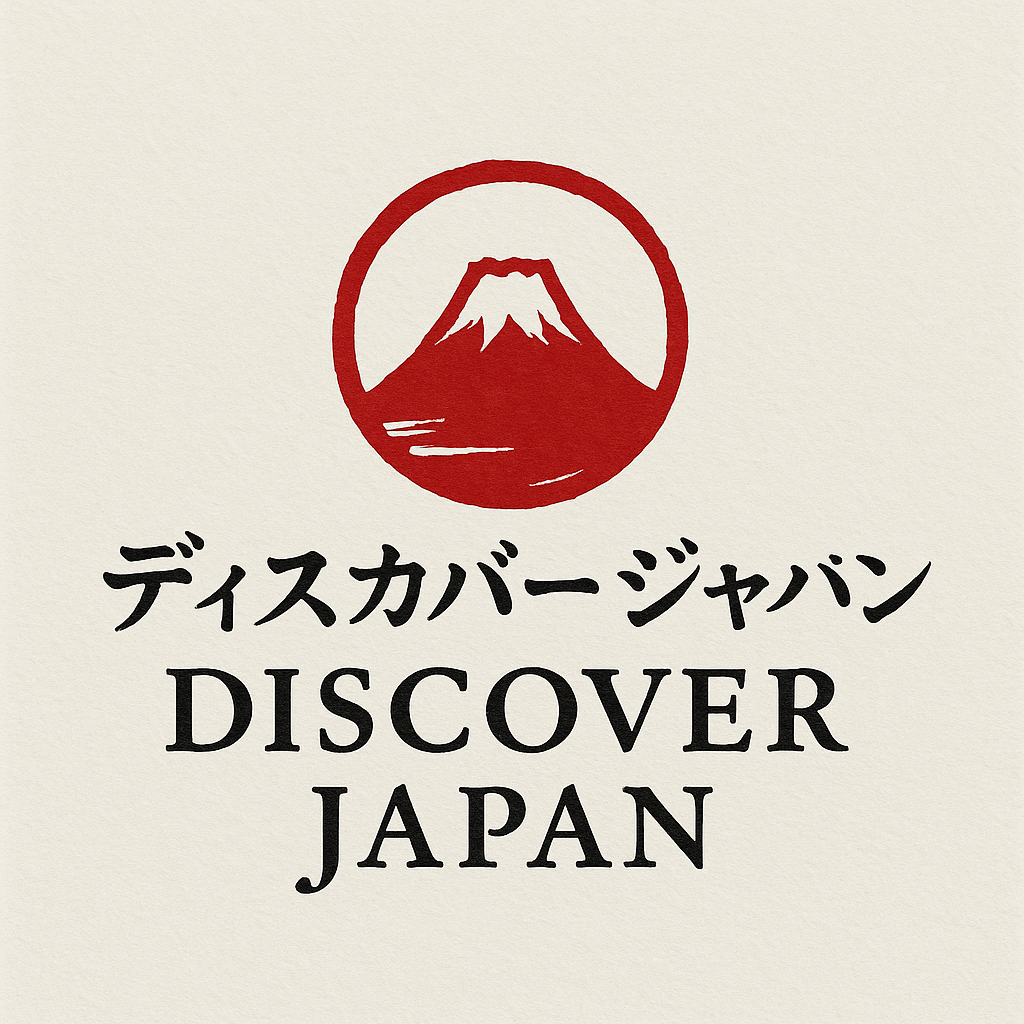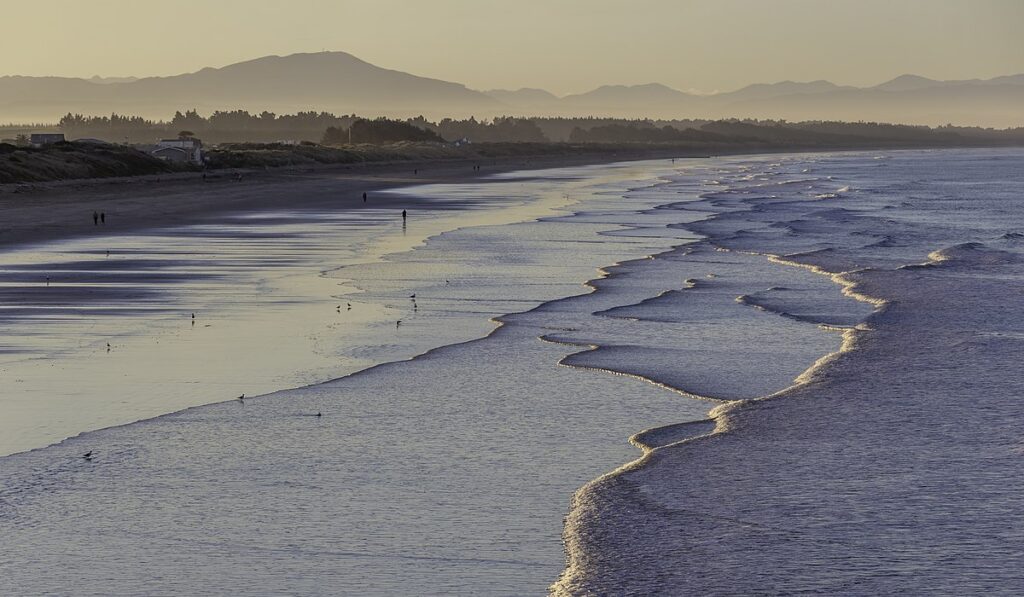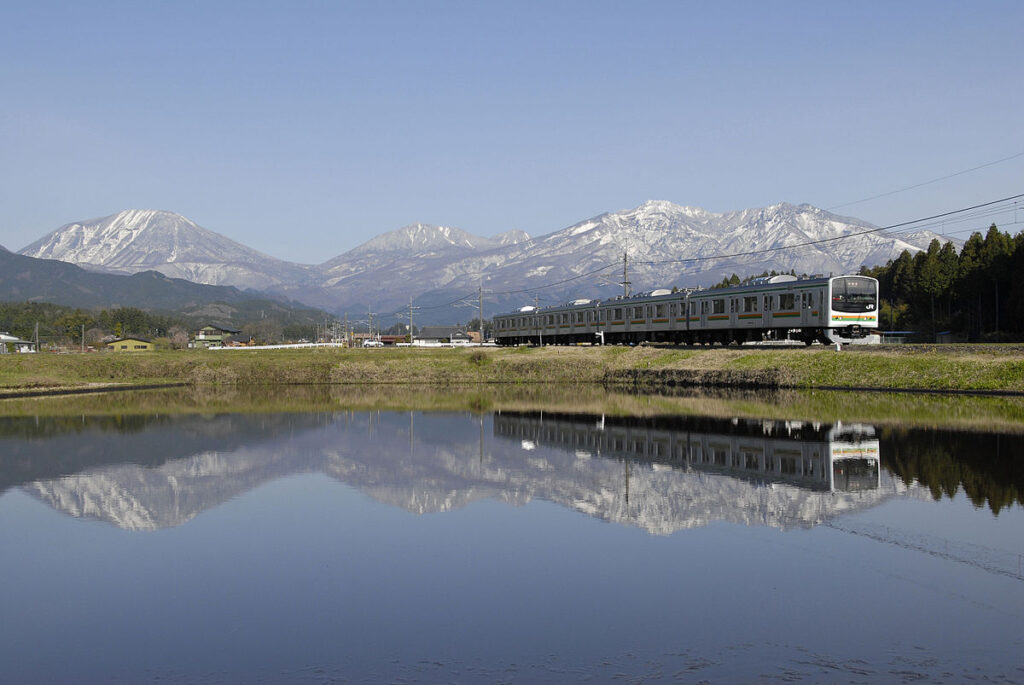Tourist attractions--archive--
-

Rusutsu Resort (Rusutsu Village, Hokkaido)
Overview (History, Features, and Attractions) Rusutsu Resort is a large, comprehensive resort located in Rusutsu Village, Hokkaido. It boasts a vast ski area, a summer amusement park, golf courses, hot springs, accommodations, restaurants, and more, allowing visitors to enjoy a variety of leisure activities throughout the year. Especially in winter... -

Hossawa Falls (Hinohara Village, Tokyo)
Overview (History, Features, and Attractions) Haraizawa Falls is one of the most famous waterfalls in Hinohara Village, Nishitama District, Tokyo. The stream flows beautifully over the rocks in multiple tiers, and the area is surrounded by dense forest, making it a popular "hidden gem near the city." The waterfall is divided into several tiers... -

Mount Hatta (Fukuroi City, Shizuoka Prefecture)
Overview (History, Features, and Attractions) Hattasan (official name: Hattasan Son'eiji Temple) is an ancient temple in Fukuroi City, Shizuoka Prefecture, and a popular destination for local worshippers. It has long been known as a temple for warding off evil, with worshippers coming to pray for protection from misfortune, safety for their families, and recovery from illness. The approach to the temple grounds and the worship... -

Susa Hornfels (Susa, Hagi City, Yamaguchi Prefecture)
■ Overview (History, Features, and Attractions) Susa Hornfels is a rare metamorphic rock landscape exposed on the coast of the Susa district of Hagi City, Yamaguchi Prefecture. Igneous rocks such as basalt came into contact with the surrounding sedimentary rocks and metamorphosed at high temperatures to form hard hornfels. The erosion caused by waves and wind... -

Hatenohama Beach (Kumejima Town, Okinawa Prefecture)
Overview (History, Features, and Attractions) Hatenohama is an uninhabited sandbar (sand island) floating off the eastern coast of Kumejima Town, Okinawa Prefecture. It features fine white sand and crystal-clear emerald-green waters. The sandbar was formed by the accumulation of coral fragments and calcareous sand caused by waves and wind, and the water changes color with the tides. -

Honnoji Temple (Nakagyo Ward, Kyoto City, Kyoto Prefecture)
Overview (History, Features, and Attractions) Honnoji Temple is a temple located in Nakagyo Ward, Kyoto City, and is particularly famous as the place where Oda Nobunaga committed suicide during the Honnoji Incident of the Sengoku period. This incident made the temple known nationwide, and it is a highly valued historical site. It has been burned down and rebuilt several times... -

Yashima Wetland (Chino City, Nagano Prefecture)
Yashima Wetland (Chino City, Nagano Prefecture) — Overview (History, Features, and Attractions) Yashima Wetland (also known as Yashimagahara) is a highland marsh that spreads across the plateau of Chino City, Nagano Prefecture. Located at an altitude of approximately 1,600 meters, it is surrounded by the Yatsugatake, Tateshina, and Kirigahama mountains. -

Funaoka Castle Ruins Park (Shibata Town, Miyagi Prefecture)
Overview (History, Features, and Attractions) Funaoka Castle Ruins Park (Shibata Town, Miyagi Prefecture) is a park built on a small hill where a mountain castle once stood. It preserves the topography and remains of the castle ruins, and is a place where you can enjoy the changing seasons of nature. While conveying the atmosphere of the castle ruins, believed to have been built in the Middle Ages, the park also features observation spots and walking trails... -

Gifu Prefectural Museum of Art (Gifu City, Gifu Prefecture)
Overview (History, Features, and Attractions) The Gifu Prefectural Museum of Art is a prefectural art museum that collects, preserves, and exhibits artworks from within and outside the prefecture. Its collection encompasses a wide range of genres, from contemporary art to modern and contemporary Japanese and Western paintings, prints, and sculptures, and it also places emphasis on works by artists with ties to the region and related to Gifu. It regularly hosts... -

Akita Kanto Festival (Akita City, Akita Prefecture)
Overview (History, Features, and Attractions) The Akita Kanto Festival is a traditional festival held every summer in Akita City, Akita Prefecture. It is a representative summer festival that is said to have originated as a prayer for a good harvest and a memorial service for ancestors. Numerous round lanterns are hung from bamboo poles (kanto), and the lights, which resemble ears of rice, are...




